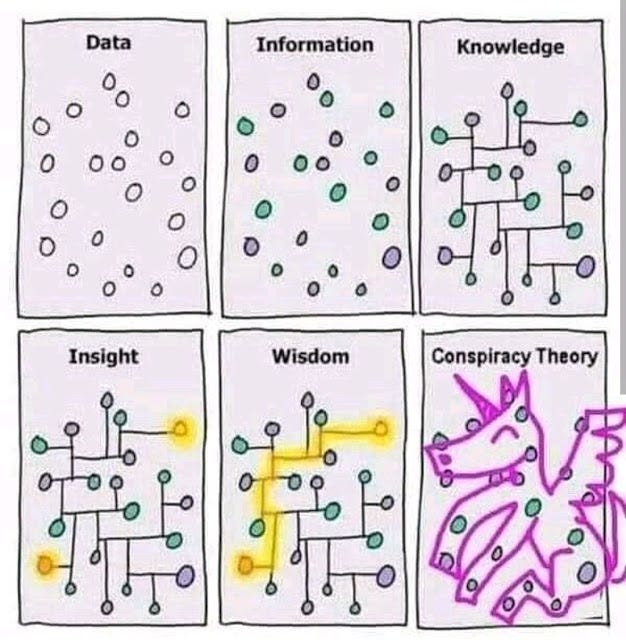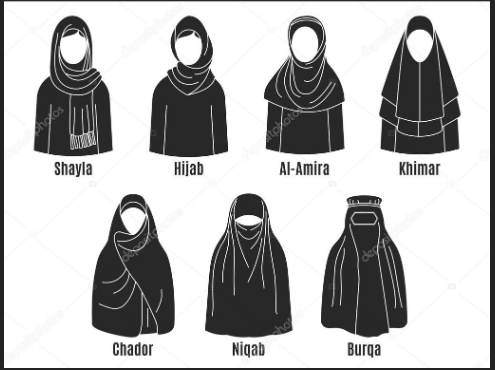What to say about a conflict going on for over seven decades that hasn’t been said already? One that is rife with religious rivalries, manifesting in extremely strong political positions.
These past two weeks violence once has again escalated between Israel and Palestine. Although a truce has finally been agreed on May 21, 2021, the Jewish state of Israel and the primarily Muslim areas of the West Bank and Gaza Strip that together comprise Palestine, cannot seem to get on with each other at all.
Israel is only one of the two countries actually made in the name of religion (the other is Pakistan). A Jewish state in the middle of areas primarily occupied by Muslims. Something that was not accepted by its primarily Muslim neighbouring countries in the Middle east and the local Palestinian population. And since then, this area of historic significance to three monotheistic religions has constantly been afflicted by war.
One cannot actually fault the Jewish people from wanting a place to call their own, considering the discrimination they have been subjected to, ever since their expulsion from Judah in the 6th century BCE. The pogroms instituted against them in Europe are known to everyone. Even before the holocaust, such discriminatory policies resulted in their wanting a separate homeland and in the 19th century this notion started to gain momentum. The Jewish people in the Ottoman territories of Arabia started looking to Palestine as a place where they belonged. The land promised to them when they entered into a covenant with God.
The problem was that by this time this land was occupied by mostly Arab Muslims — the Palestinians. There were hardly any Jewish people in Palestine during this period (only 3% were Jews). But since this had been promised to them, this is where they wanted to go. In the beginning, Arab, as well as European Jews bought land in Palestine from the locals. Then came WWI, and the European powers in their quest for empire changed the face of the Middle east. The British used both the Jews and the Arab Muslims in their colonial ambitions. Learning from the contemporary nationalistic ideologies in Europe, some Jewish people also started developing a nationalist Zionist agenda. The Palestinians on the other hand wanted the Jews out, with some of them embracing militant Islamic ideologies to be able to do so. Both were on the extreme opposite sides, which eventually resulted in violence.
More and more Jews started settling in what was known as Palestine, especially those escaping the holocaust in Europe. Thus, the Jewish population became large enough to fight British rule in Palestine, as well as exacerbating the conflict with the Palestinians. Eventually, in 1947, the UN passed a two state (Jewish and Arab) solution. The Jews weren’t happy with it but accepted it and the Arabs rejected it completely. Since then, the conflict has seen waves but there has never been real peace.
This recent conflict in a way reflects what is happening in the world — right wing ideologies taking over and negating what they see as the “other”. Benjamin Netanyahu’s right wing Likud party on one side and militant Hamas on the other. Likud-run Israel has freedom and democracy, while Hamas run Gaza barely has a governance infrastructure. Added to this is the West Bank, ruled by secular nationalist Fatah — so even the Palestinian camp is not united in its goal. Hamas and Likud both fantasise about a single state with the total annihilation of the other.
And herein lies the problem. The little bit of history that was mentioned above is to contextualise what is happening today. To anyone who has a little bit of sense, it is clear the only solution is a two state one. This is not what Hamas wants. Its Jihadist ideology can only aim for one goal: a total destruction of the Jewish state of Israel. Hamas is not supported by anyone globally, except Iran, and as a result, the land it rules over is technically a failed state.
The corrupt, greedy, militant Hamas only cares for its own political aims, the welfare of the Muslims of the Gaza strip is not its ultimate goal. But like all other Islamists, it uses the victory of Islam over its foes as a means of getting support from a population already weighed down excessively under Israeli domination.
Israel has a somewhat liberal democracy and a highly functioning governance infrastructure. But it also has discriminatory laws instituted by the right-wing Likud, which also does not want a two-state solution. The Israeli Palestinians face extreme levels of discrimination, even being evicted from their homes to make room for Jewish people. In the West Bank, the Palestinians are subjected to worse treatment, full of humiliations and excessive brutality. They are also constantly in fear of being chucked out of their homes, as more and more Jews take over their land. Such level of discrimination is apartheid and there is only one word for a situation where one set of people removes another set of people: genocide. Furthermore, Israel has turned the Gaza strip into a prison with the construction of a giant wall around it, so the people there are subjected to the double whammy of ineffectual but strict Hamas rule, surrounded by a repressive Israel.
The Jews that fled genocide elsewhere now want a “Jewish state for Jewish people”, which means technically getting rid of the Palestinians. The Palestinians, especially those under Hamas’ rule want to ensure that there are no more Jews on their land. In the end, it is what it has always been, religion, nationalism and ethnicity causing undeniable divides amongst groups of people.
The bottom line is that however they may have got there, Israel’s Jewish population, after 70 years, has a right to live there. But supporting that right does not mean ignoring how Israel has slowly seized control over the lives of the Palestinians and is slowly ensuring their complete replacement by its Jewish population, while pretending to be a liberal democracy. It may as well have conquered the West Bank and Gaza strip — as Netanyahu recently suggested when talking about the recent events.
The only solution is a two-state one. But it is not likely that either side will ever agree to one.


